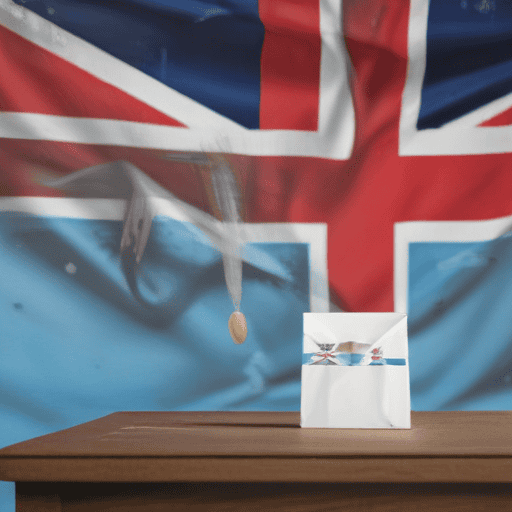Prime Minister Sitiveni Rabuka’s recent decision to appoint seven Opposition Members of Parliament from the Group of Nine (G9) as Ministers and Assistant Ministers marks a pivotal transformation in Fiji’s political landscape. This bold strategy not only underscores Rabuka’s political insight but also sparks critical discussions about the future of democratic governance in the country.
The G9 was formed following the deregistration of the FijiFirst party in July 2024, consisting of members who defected from the Opposition led by Inia Seruiratu. This coalition allowed these MPs to operate as independents within a Parliament typically governed by strict party lines. By integrating these MPs into his coalition government, Rabuka is redefining political alliances and solidifying his authority in a parliamentary system where every vote is crucial.
However, this strategic maneuver raises significant concerns regarding the implications for Fiji’s 2013 Constitution. Analysts have highlighted the absence of explicit provisions that govern the transition of independent or crossbench MPs into government roles. While Attorney-General Graham Leung asserts that such actions are not strictly prohibited, the lack of clear guidelines introduces uncertainties that could undermine parliamentary integrity.
Critics caution that the motivations behind this political shift may be more focused on consolidating power as the 2026 General Election approaches, rather than fostering genuine collaboration. The vagueness in constitutional guidelines raises the risk of unchecked political maneuvering, which could deteriorate public trust in political institutions already viewed with skepticism.
This unprecedented shift in governance also underscores the urgent need for constitutional reforms that clarify ambiguous provisions and safeguard against potential abuses of power. Fiji’s democratic evolution is ongoing, and the current political climate presents both challenges and opportunities for reform.
Moving forward, it is essential for Fiji to navigate these changes carefully, ensuring that immediate political gains do not compromise the foundational principles of democracy. There remains hope that this moment could serve as a catalyst for much-needed reforms that promote transparency and collaborative governance, ultimately leading to a stronger and more resilient political landscape. By prioritizing democratic ideals, Fiji has the potential to emerge from this transitional phase with a renewed commitment to serving all its citizens effectively.
In summary, while the integration of G9 MPs into government positions signifies a key moment in Fiji’s political narrative, it also highlights the necessity for vigilant navigation to uphold democratic ideals amid evolving political dynamics.

Leave a comment